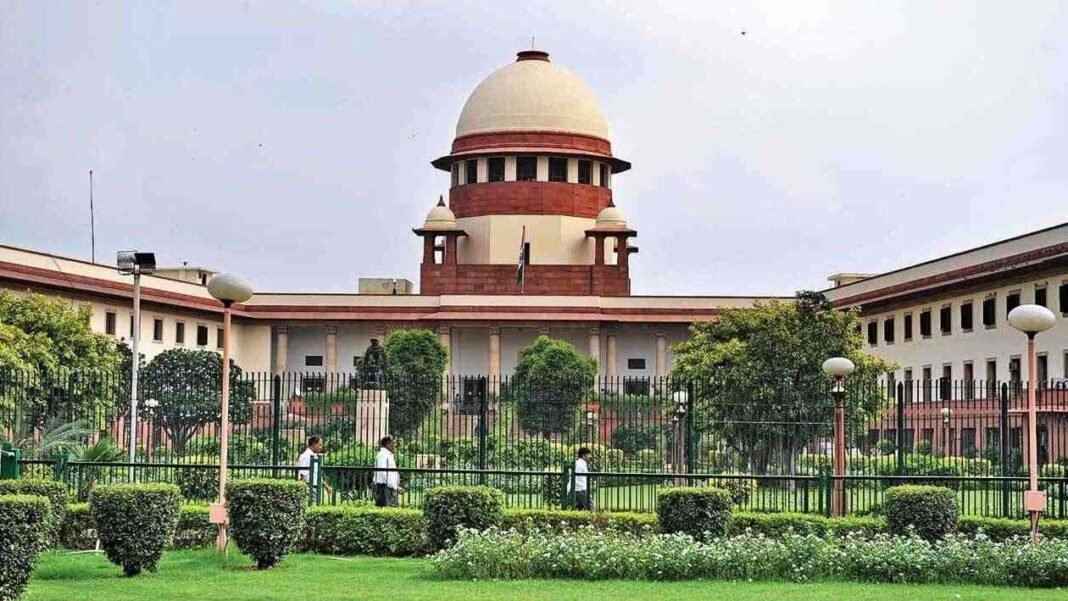In a recent legal development that has captured international attention, the Supreme Court of India has dismissed the plea of Nikhil Gupta, an individual accused of plotting a murder in the United States. The case, marked by complex legal intricacies and diplomatic considerations, underscores the challenges of extraditing individuals across borders and the significance of upholding principles of justice.
Nikhil Gupta, a dual citizen of India and the United States, stands accused of being involved in a meticulously planned murder plot for Gurpatwant Singh Pannun on American soil. The extradition request from the United States, based on substantial evidence, triggered a legal battle that reached the highest echelons of the Indian judiciary. While Mr. Pannun claims to be an activist who supports the Khalistan movement for an independent Sikh nation. India has designated him as a terrorist, a claim he denies.
The Supreme Court’s decision to reject Gupta’s plea is a testament to India’s commitment to international cooperation in matters of crime and justice. The court’s ruling reflects a nuanced understanding of the legal intricacies surrounding extradition, considering both the evidence presented by the United States and the rights of the accused.
One of the pivotal aspects of this case is the application of the principle of dual criminality, requiring that the alleged crime be recognized as an offense in both the requesting and requested countries. Gupta’s defense argued against extradition on the grounds that the alleged offense did not constitute a crime under Indian law. However, the Supreme Court carefully evaluated the evidence and concluded that the charges against Gupta met the threshold for extradition.
Furthermore, the case raises questions about the challenges associated with balancing national sovereignty and international legal obligations. Extradition cases often involve navigating a complex web of legal, diplomatic, and political considerations. The Supreme Court’s decision reflects a delicate balance, ensuring that the extradition process adheres to legal norms while respecting India’s sovereignty.
The rejection of Nikhil Gupta’s plea by India’s Supreme Court is a significant development in the realm of international criminal law. It underscores the complexities involved in extradition cases, emphasizing the delicate balance between national sovereignty and global cooperation. As legal systems continue to adapt to the challenges of a globalized world, cases like Gupta’s serve as milestones in shaping the future of international justice.




